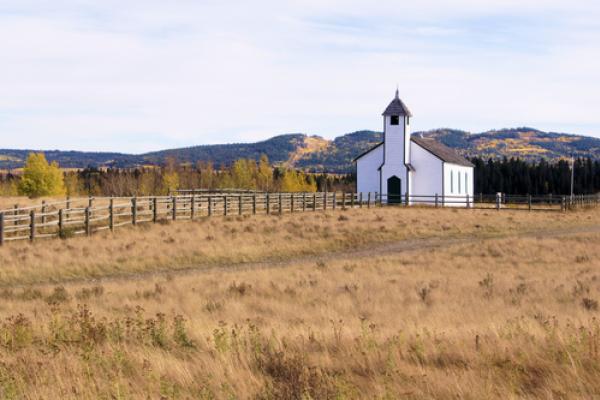I have spent much time blogging out of frustration with the church, gnashing my teeth over the church’s shortcomings. Some have called this negativity. Some have asked me to be more specific about what I want the church to do. I could not do this before. First, I needed to pinpoint my frustrations and disassemble my previous understanding of church. Out of the rubble of my own disillusionment a vision of something new is beginning to emerge. It is time to share this vision however blurry it may be.
This something new looks like congregations so committed to following Jesus by loving all of God's children that they will pour over their current budget and activities to see what can be altered to make room for greater service to the poor and the outcast. Such churches might come to the conclusion it is unconscionable to pay for the upkeep of a building for the sake of its use a few times a week.
This is a tension-filled topic. As Bergthal made public their intent to disassemble and ultimately tear down their building, many could not understand. For some, there is such a deep attachment to our church building, we would rather it be turned into a house or a barn or just anything as long as it can be saved. I have read the upcoming generation is not as sentimental when it comes to material things. I think this is a good and necessary movement but is sure to bring some tension. Finally, we must realize the church is not about buildings, but about people.
Read the Full Article

